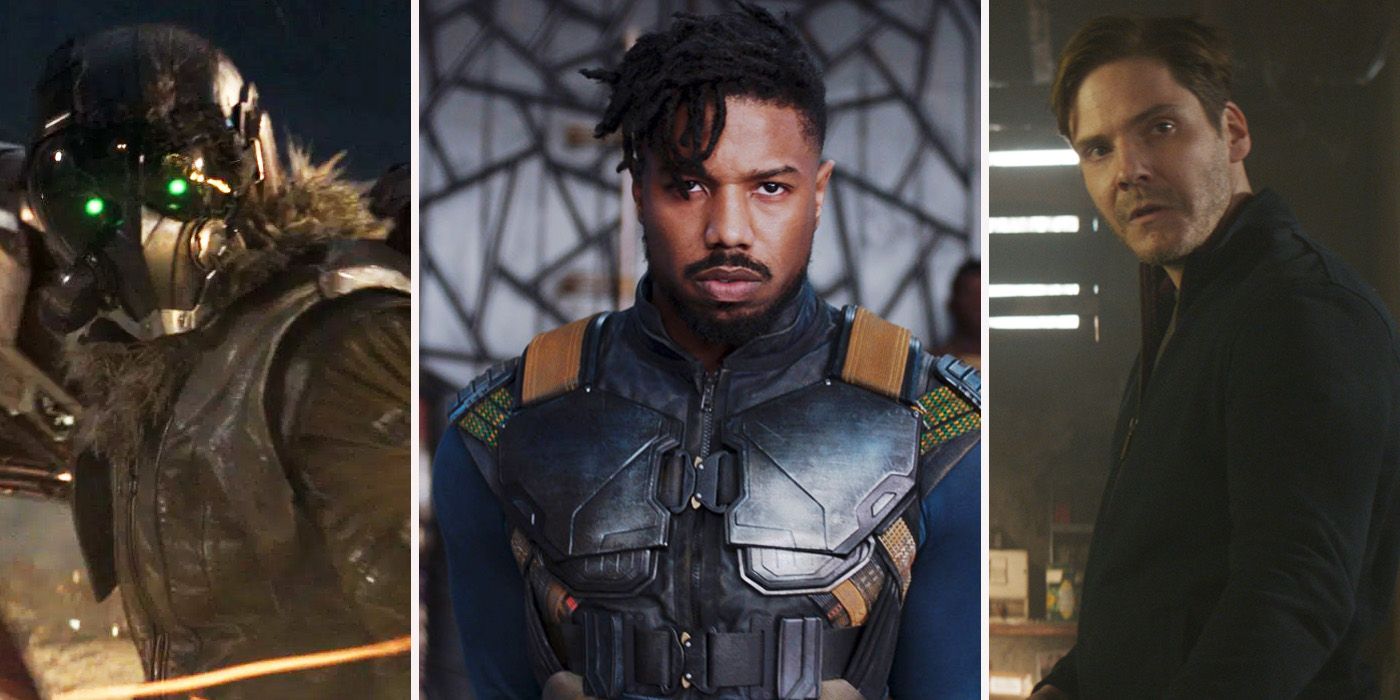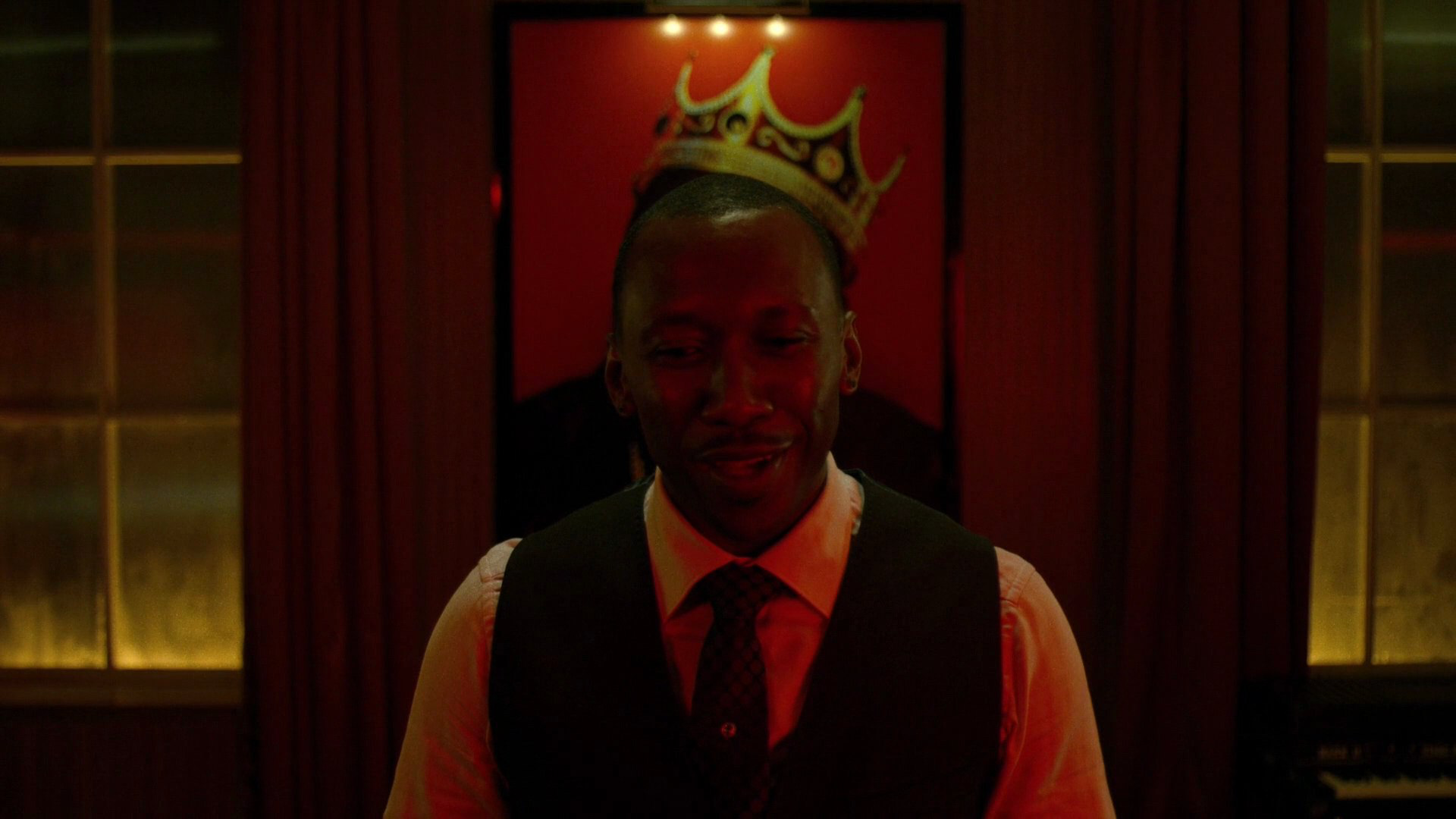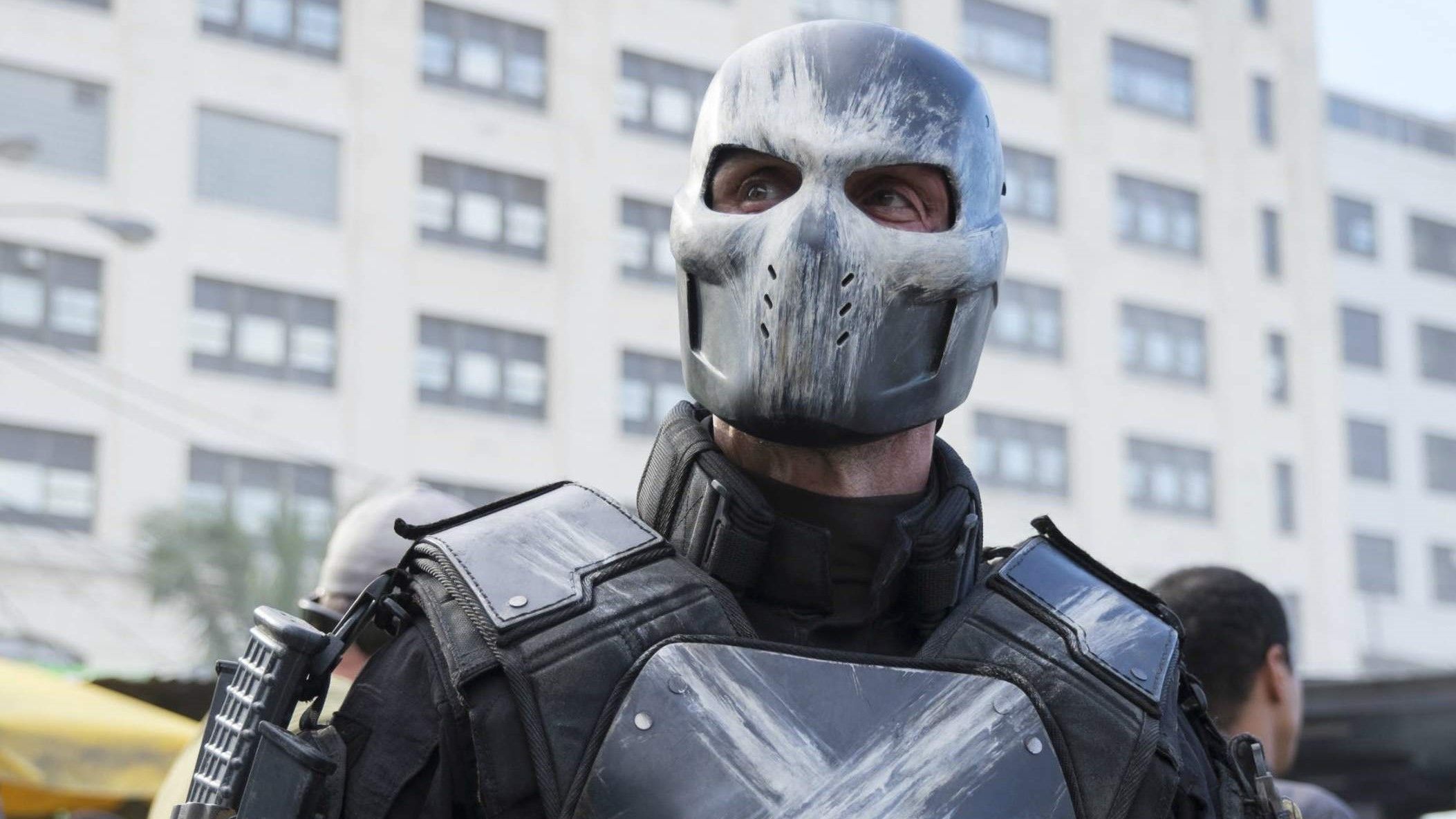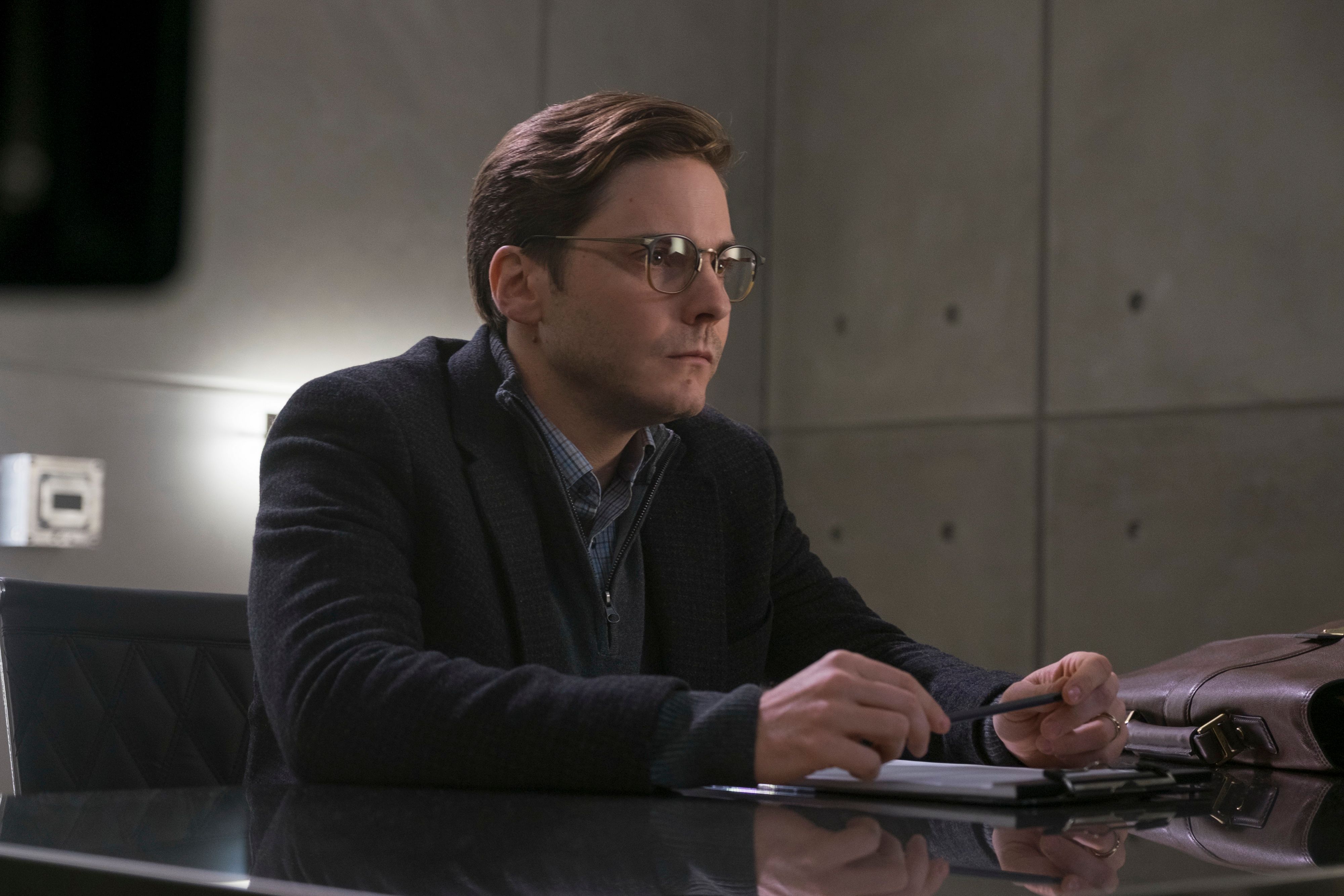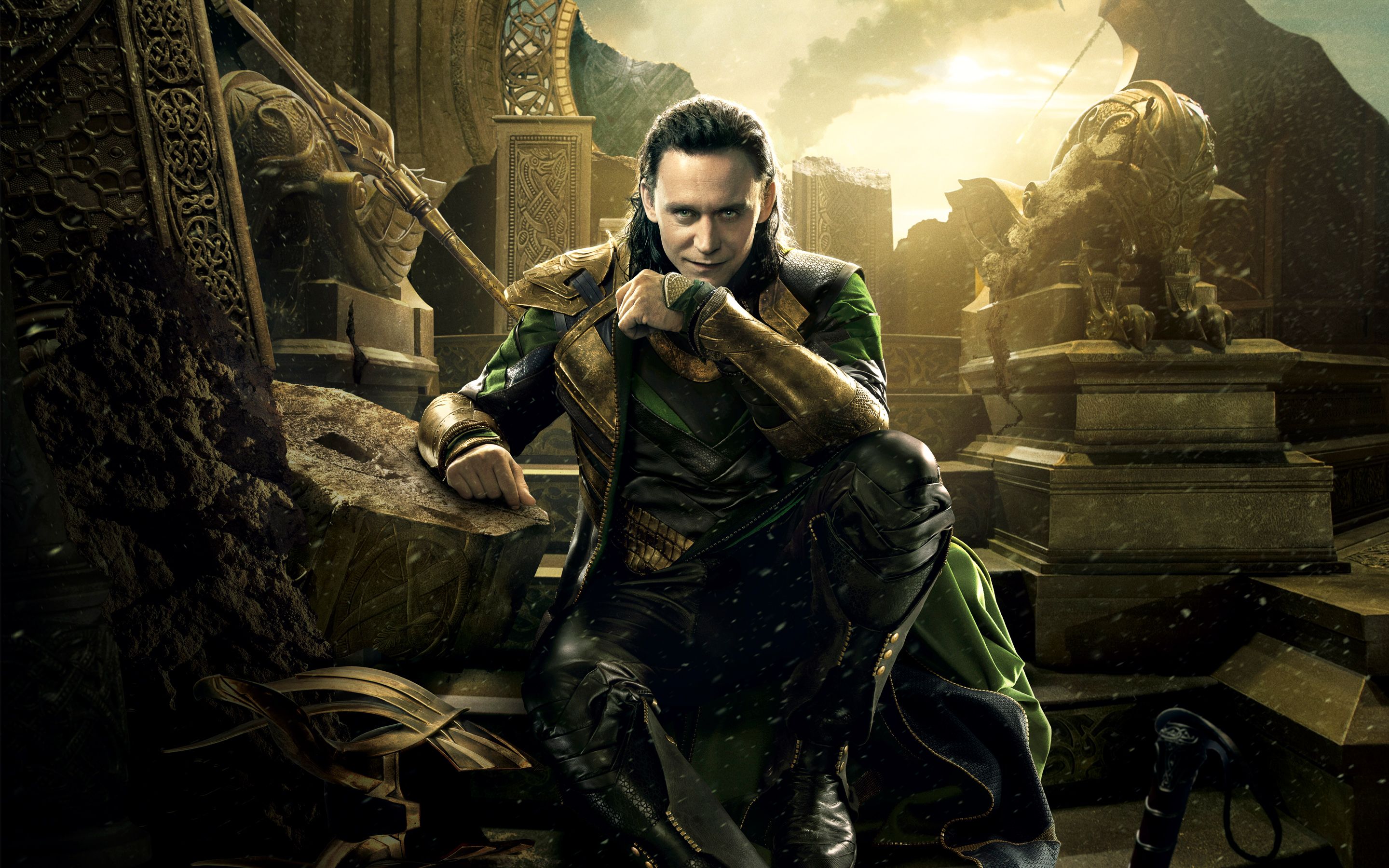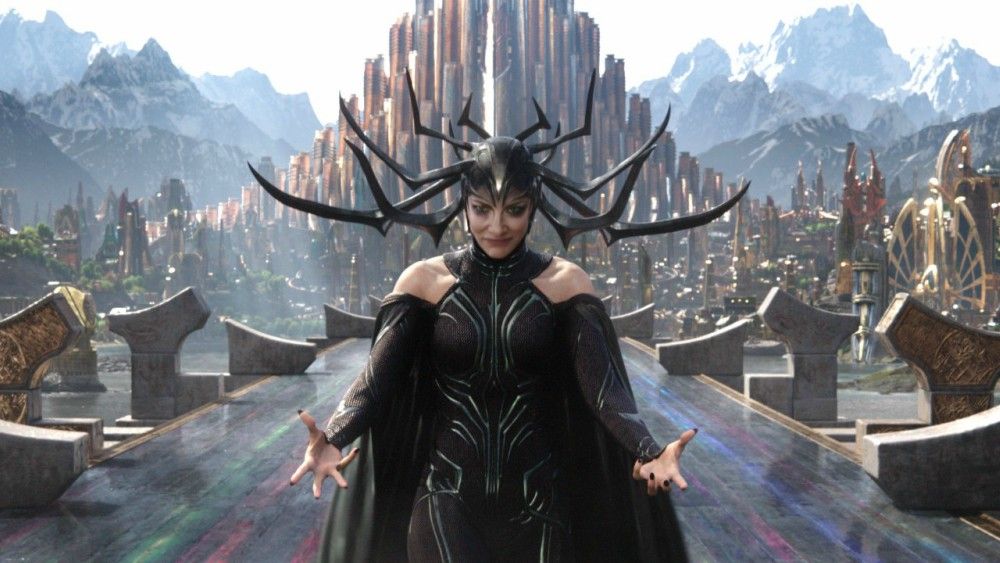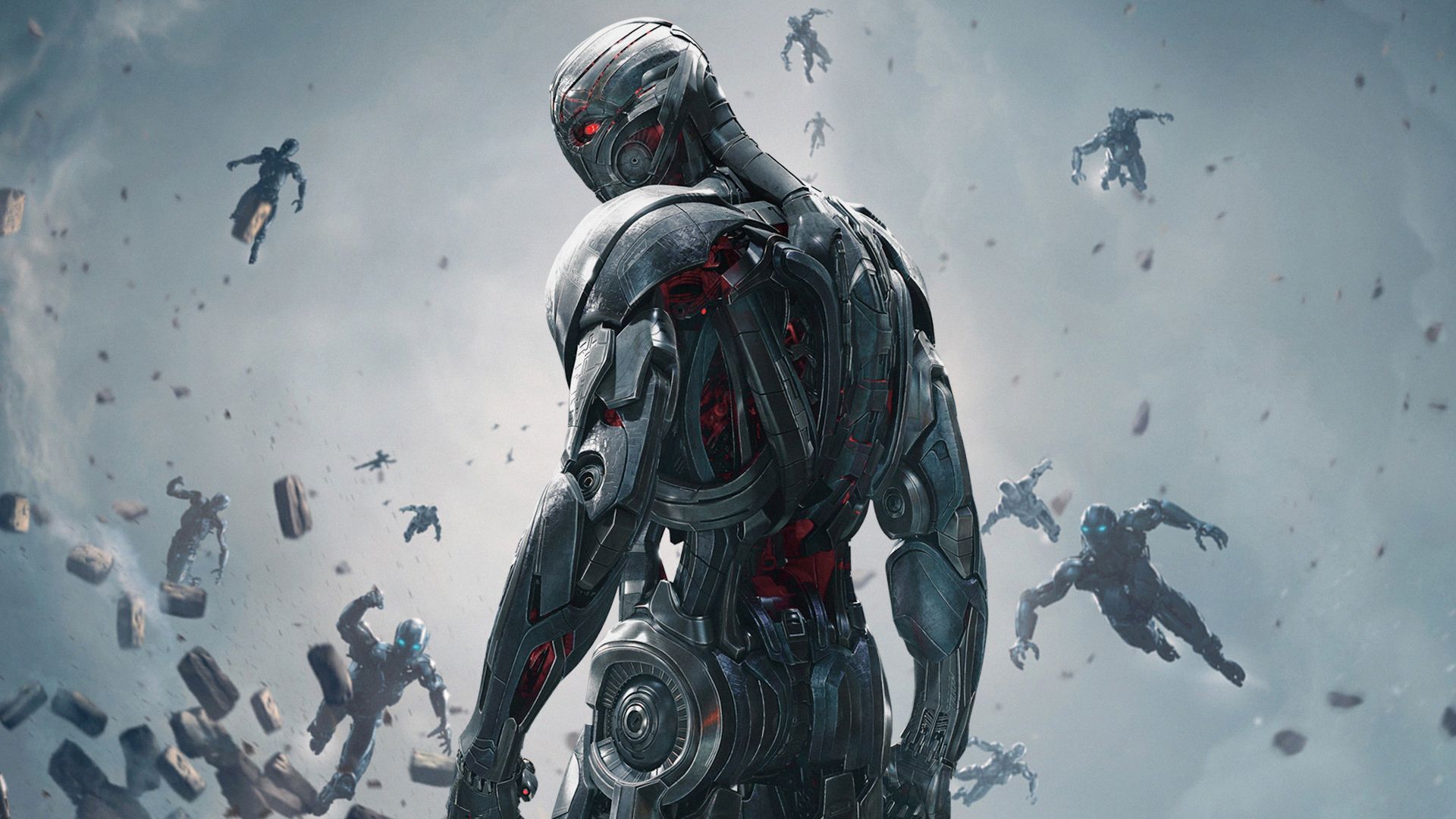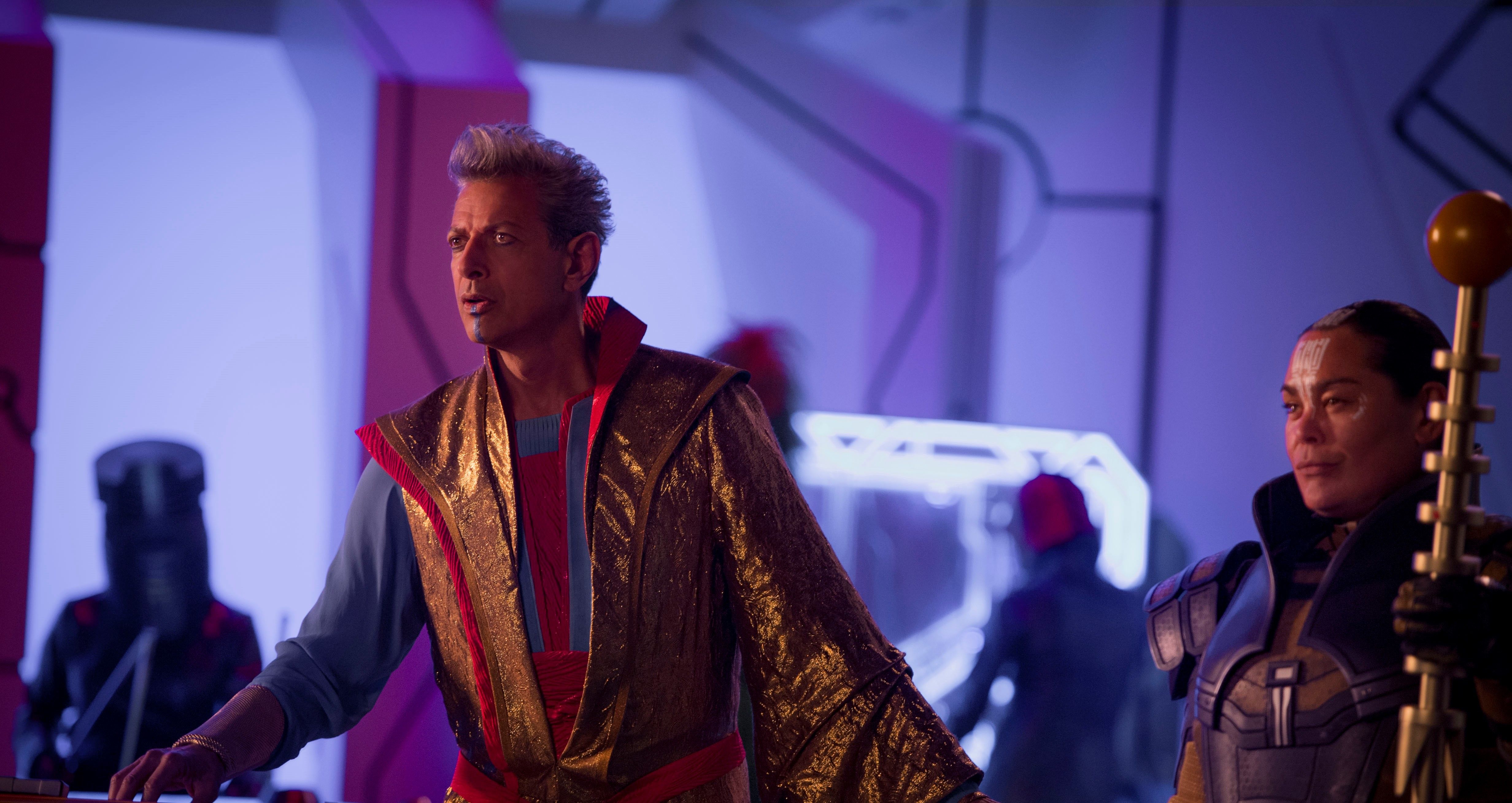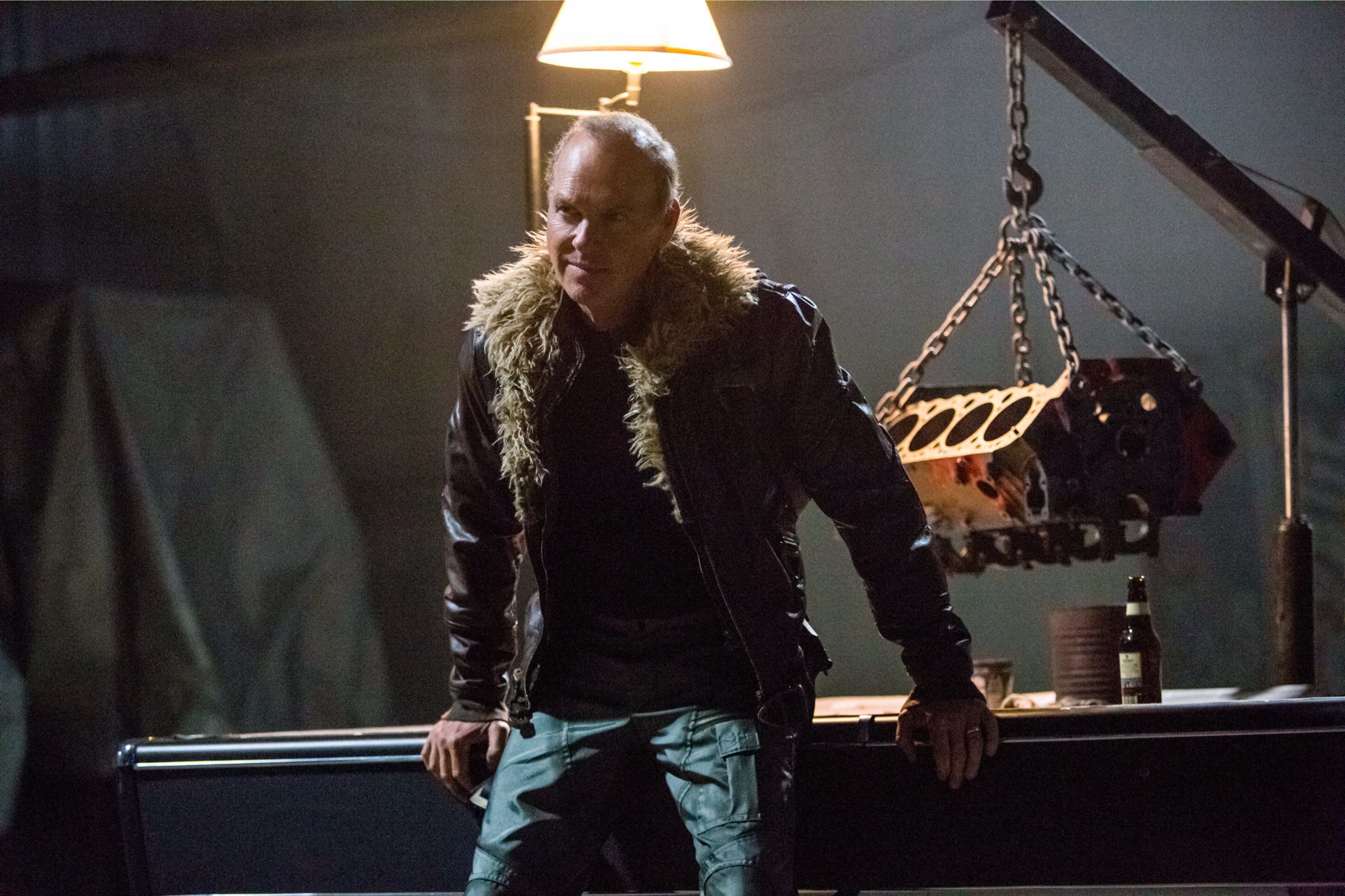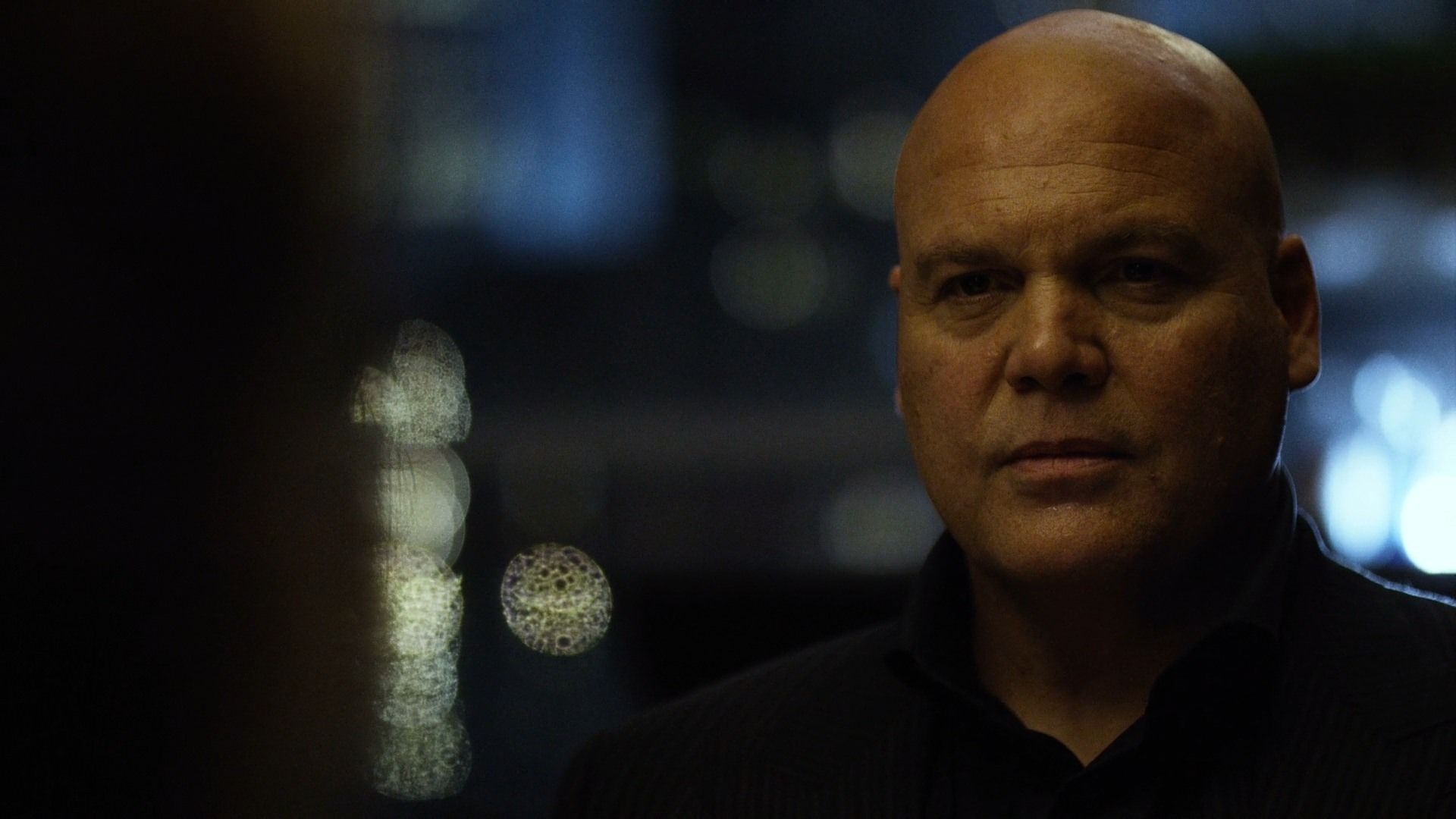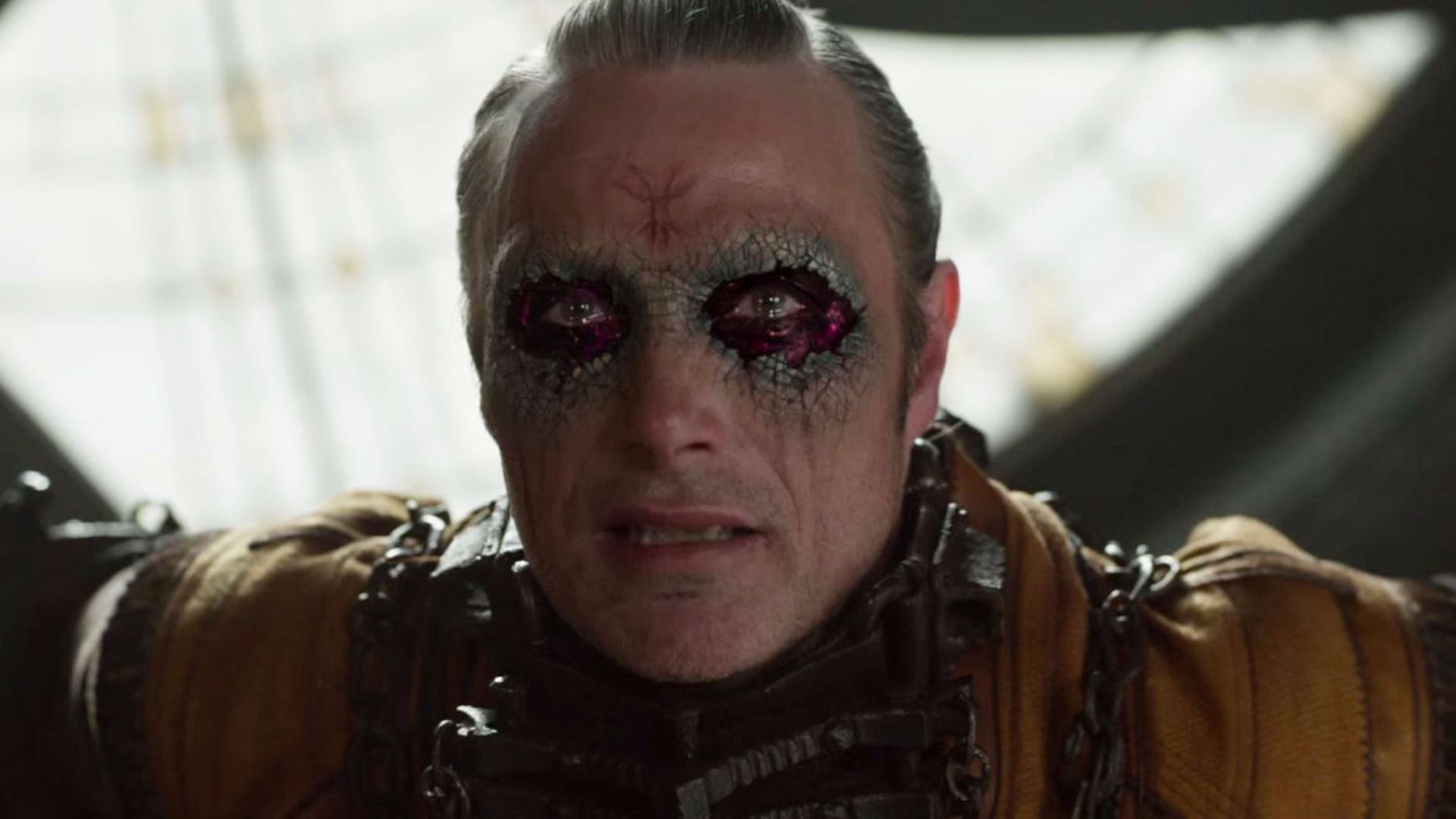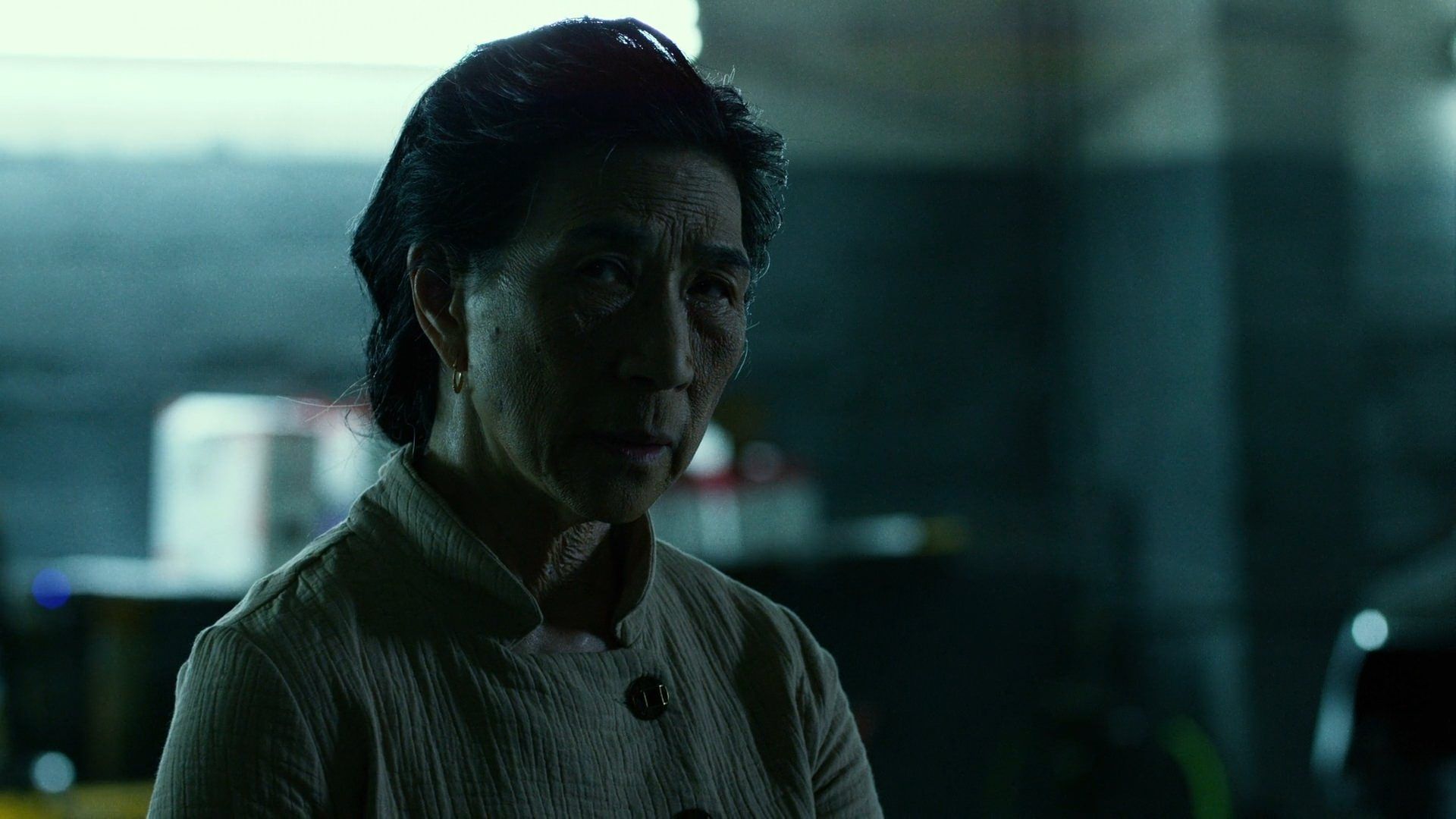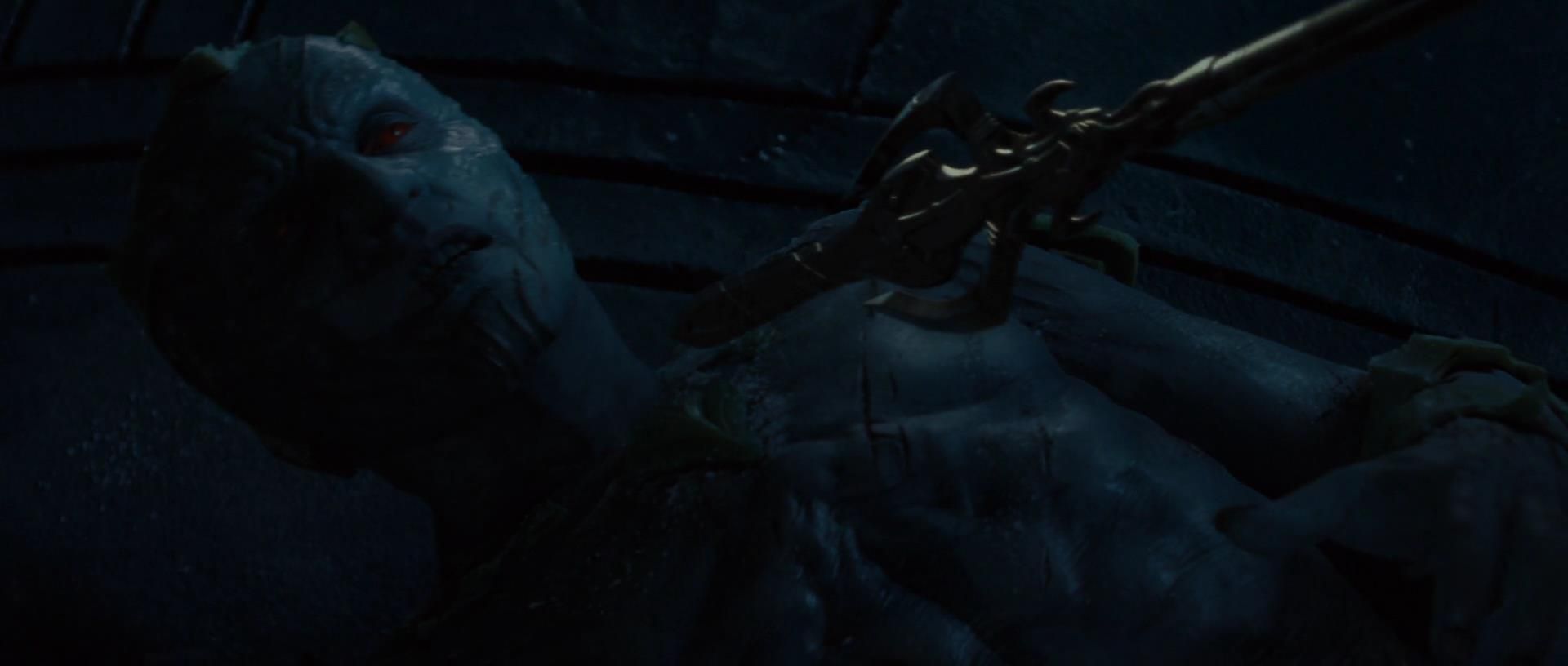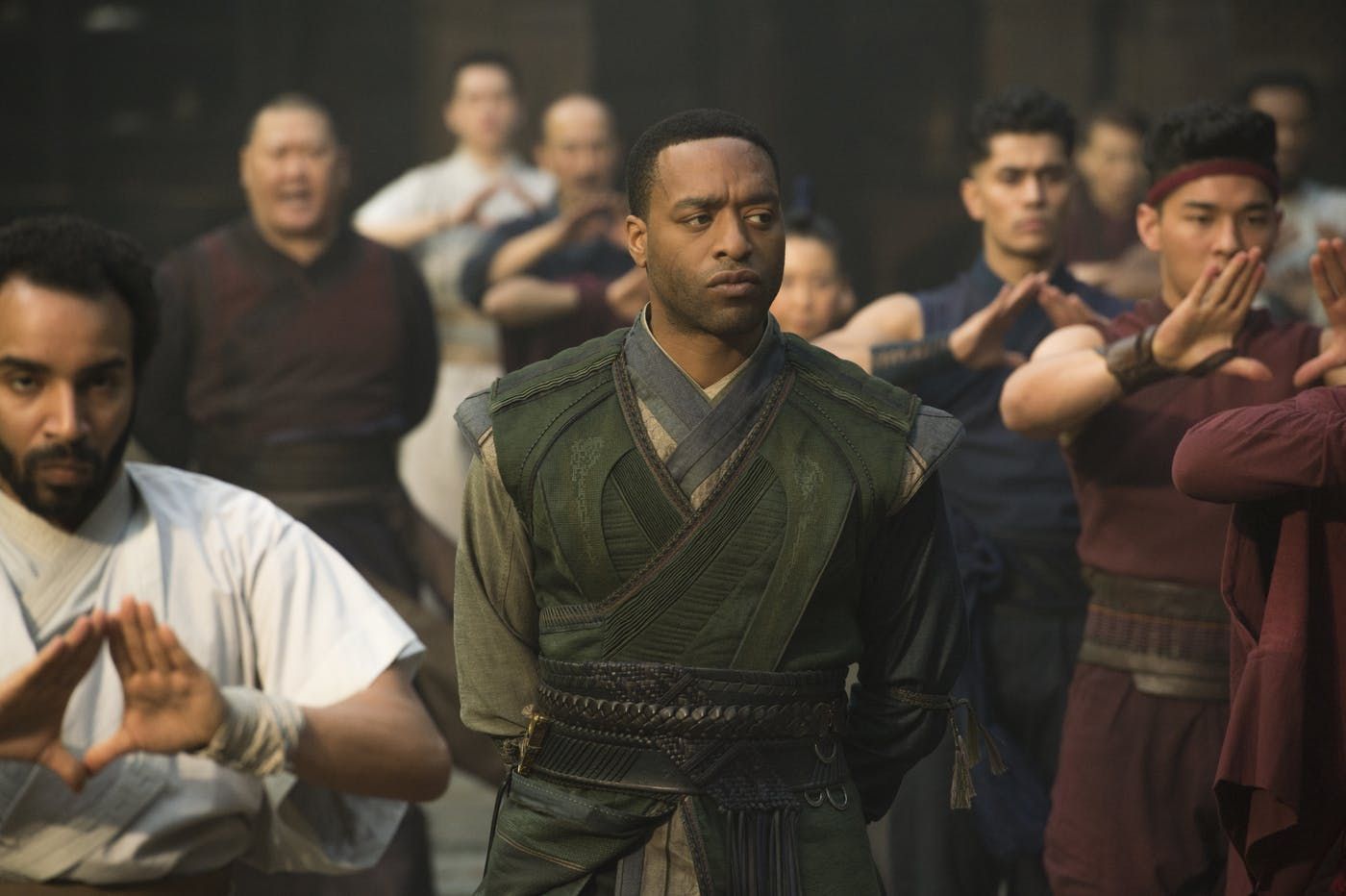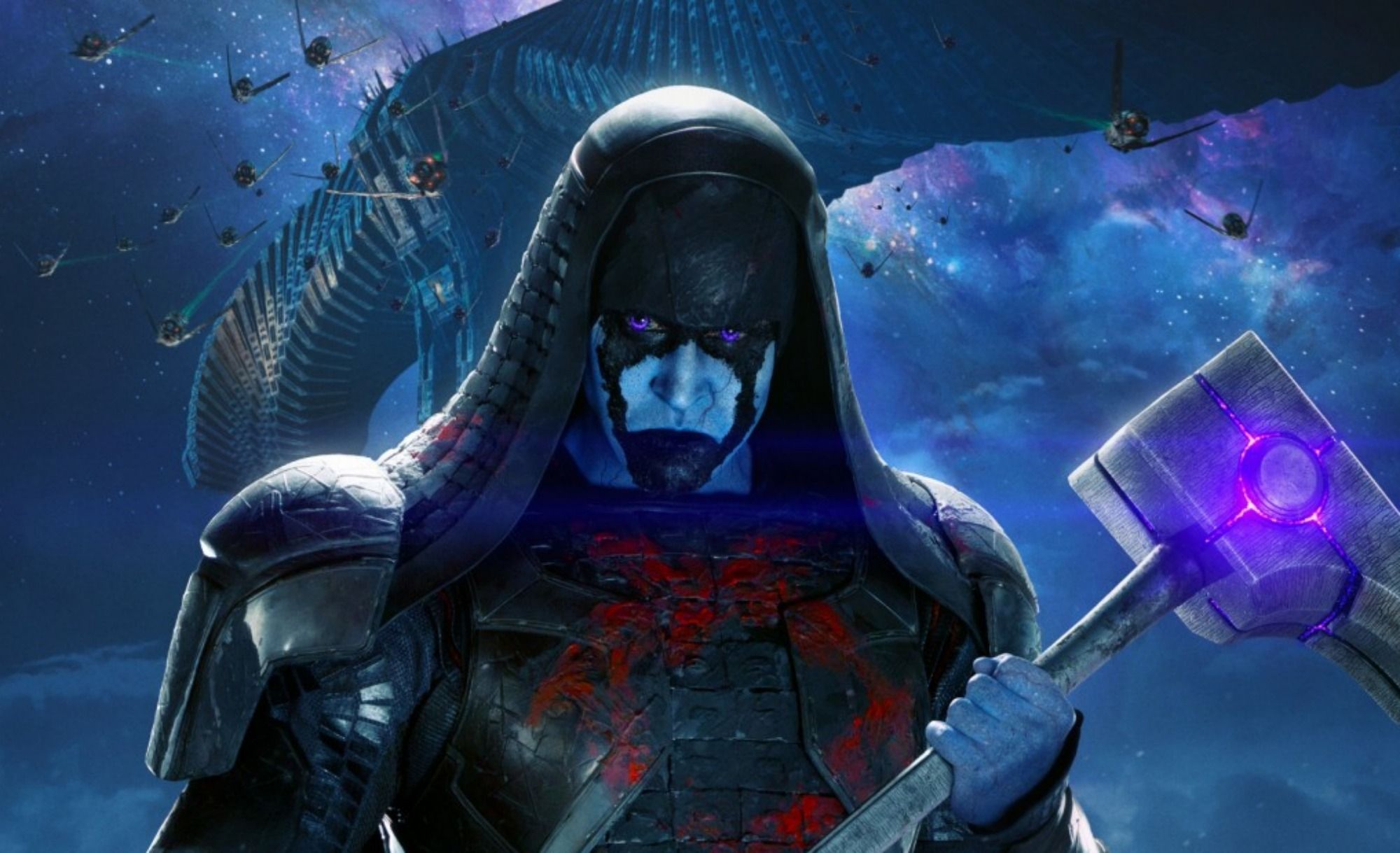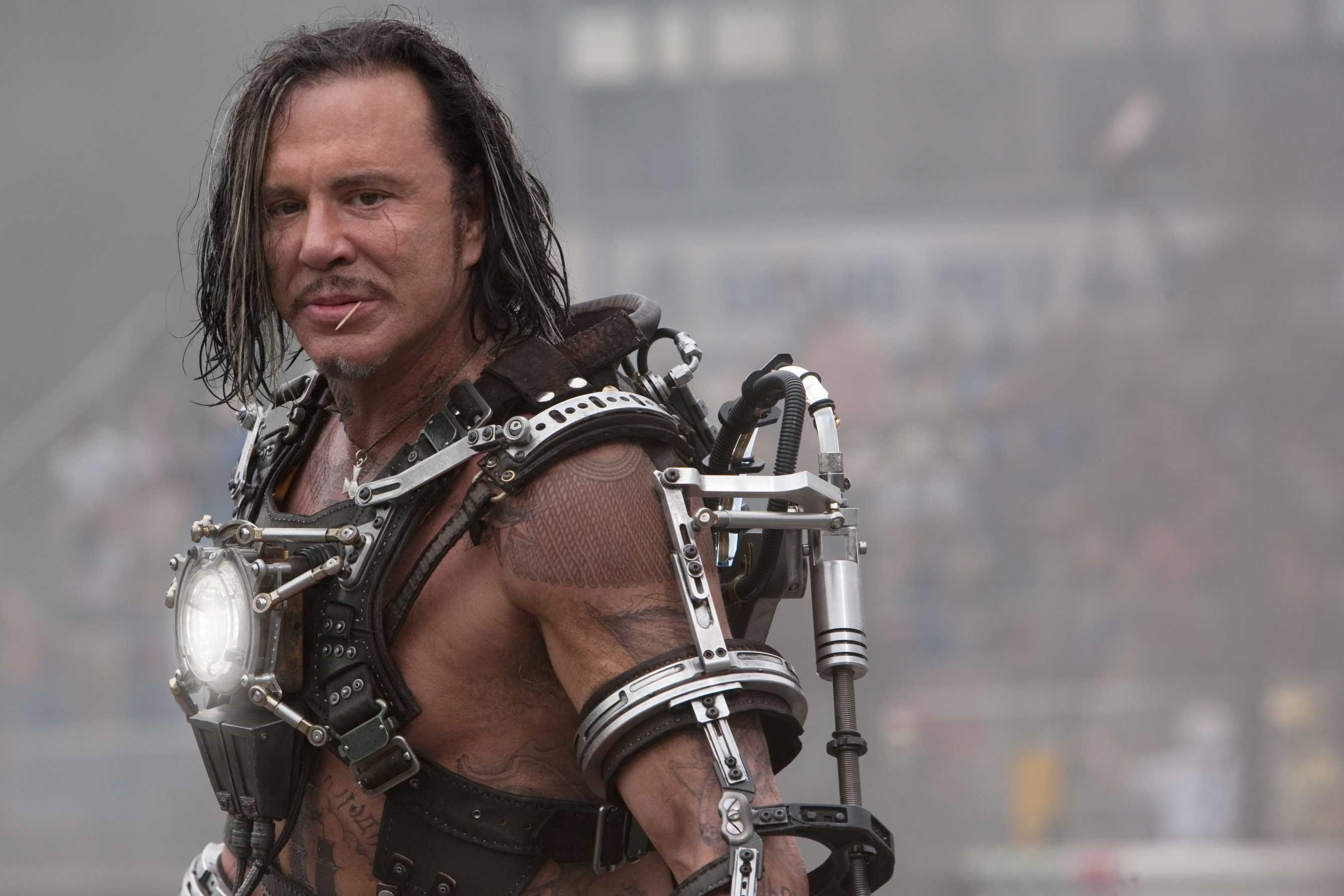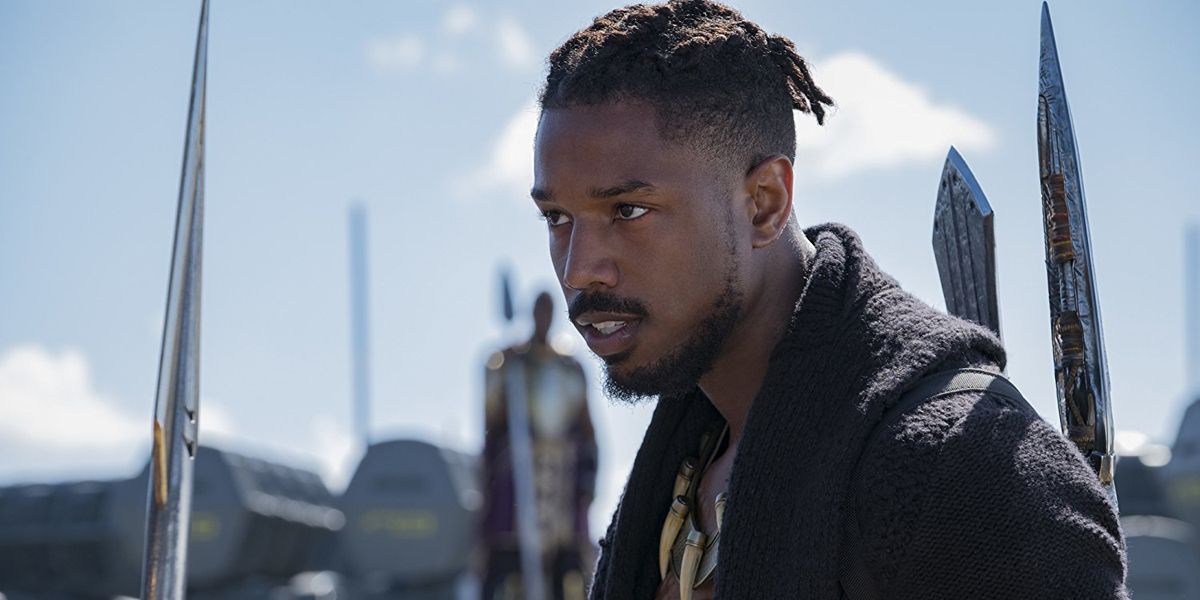Fact: The Marvel Cinematic Universe has singlehandedly reinvented the concept of a franchise for the 21st century and has become the defining film movement of the modern era. Also fact: This is due in no small part to a consistently spot-on cast who all give relatable, entertaining performances. Third fact: The only valid criticism of the MCU from film to film is that it tends to feature very forgettable or generic villains. A part of the problem is that the MCU villains are, ironically and with exception, very relatable characters who occasionally come off more heroic than evil, which makes it harder to even think about them as antagonists.
As Tom Hiddleston himself said, “Every villain is a hero in his own mind,” so when the audience is allowed to see things from the bad guy’s point of view, they start to identify them, however subconsciously, as the heroes they see themselves as. Now there are exceptions to this. Characters like Iron Monger and Malekith (the elf leader from Thor: The Dark World. Don’t worry, everyone else forgot them too) were never developed enough for anyone to relate to them. But a lot of MCU villains fail at being good villains because they’re just too heroic.
16 COTTONMOUTH
On the surface, the first villain for the first season of Luke Cage seemed like a quintessential villain. Cottonmouth was a despicable mob boss, owned a business as a front, and was overly sensitive about a petty grievance. But all of that was undercut by both his surface level appearance and the reveal of his backstory. Anyone raised by Mama Mabel would grow up in a crime-riddled environment mixed with genuine love and care, making a perfect cocktail to produce someone like Cottonmouth.
And as far as gangsters go, he actually did considerable work for his community. Remember, he specifically forbade anyone from attacking Pops’s barber shop and a lot of his crimes really did have the best interests of Harlem at heart, at least from his point of view. Plus, being played by then-recent Oscar winner Mahershala Ali didn’t hurt.
15 CROSSBONES
It might seem strange to include Crossbones on this list as he was a Hydra agent and, by extension, a Nazi, but there were enough elements to his character to make him not only redeemable, but heroic. Apart from the semantics of his position, he never did anything outright cruel and he even served besides Captain America in S.H.I.E.L.D. Then he survived an exploding building with horrible scarring and a reputation that should have kept him either in prison or on the fringe of society for the rest of his life.
Instead, he used the opportunity to get him back on his feet, build a crew of criminals capable of taking on national embassies, and built himself some sweet new weaponry.
Then, when he was unmasked by his main enemy in public, he was able to joke about his ruined appearance, showing how he’d accepted himself. What a boss.
14 ZEMO
He may not have been a good guy and he may have been the singular driving force behind the movie’s conflict, but Helmut Zemo was almost terrifyingly heroic villain in Captain America: Civil War. So much so that his first scene in the movie involved him torturing and killing a Soviet brainwasher who’d been Bucky Barnes’s handler, essentially avenging the sanity of one of the heroes of the story.
For the rest of the film, he seemed like a conniving villain straight out of a Bond movie, right up until the big twist at the end: his entire motivation for tearing apart the Avengers was to find closure for his family, all of whom died in the events of Age of Ultron. Not only did this make his vengeful rage understandable, but the fact that he was able to channel it into his carefully laid out plans was downright impressive.
13 LOKI
Universally accepted as the best MCU villain to date, Loki is the only antagonist to have a fully developed character arc. In the first Thor movie, he learned he was an adopted frost giant and showed off his intelligence with a masterplan to fix his identity crisis.
As the main villain in Avengers, actor Tom Hiddleston got to ham it up to his heart’s content as Loki fully embraced the evil he believed to be inherent to his personality.
In Thor: The Dark World, he regained his empathy as the loss of his adopted mother spurred him to engage in heroic activities with his own twist on it. Most recently, in Thor: Ragnarok, he learned to flip back and forth between good and bad guy without compromising his reestablished identity. Overall, he’s undergone a vivid transformation that’s seen him change through conflict, a mirror of the classic hero’s journey.
12 HELA
It’s become a running gag in the MCU that Odin is kind of a terrible father. He raised a brawly idiot like Thor and a conniving villain in Loki. But his worst mistake is arguably Hela, his firstborn and only (known) daughter. After conquering the Nine Realms with her as his general, he decided she’d become, shocker, too violent and locked her away in the underworld with his own life force. Then he decided to keep living for another 50,000 years before finally kicking the bucket and giving her the opportunity to escape.
So imagine returning to the world after an extended period and finding it completely different from what you remember so you do everything in your power, moral or otherwise, to return it to something familiar. That’s not a villain origin story, that’s literally the plot to Back to the Future.
11 ULTRON
It’s hard to see Ultron as a hero, but he certainly didn’t think so. The main antagonist of Avengers: Age of Ultron was created to be a protector, so no matter how villainous or genocidal his actions were, he was literally programed to view his actions as generally in the best interests of forcing and maintaining peace.
His artificial mind was built to perceive himself as a hero, so that was all he seemed to talk about.
He was so resolute in his convictions that it was hard not to agree with him. He was even fairly sympathetic when it came to the specifics of his plan. It seemed like he saw Vision as his progeny, so his quest to create and defend his growth chamber was like a mission to protect his unborn son. It became even more heartbreaking when Vision turned on him.
10 GRANDMASTER
In Thor: Ragnarok, Grandmaster ran an entire junk planet by keeping a vast majority of it in economic poverty, hoarding the planet’s luxuries and wealth, and promoting vicious gladiatorial games. On the surface, he sounds like a classic villain, albeit one that could easily get caught up in the mix of MCU evil-doers. On the other hand, he was played with gusto by Jeff Goldblum at his Jeff Goldblumest and hating Jeff Goldblum is some kind of cultural crime.
He even plays off his objective evil as a byproduct of the insanity brought about by living in exile, not as something that occurred naturally as a result of his personality and upbringing. In fact, almost none of his backstory is revealed at all, but he throws around enough one liners, quick quips, and generally ham that he could very easily be confused for a hero.
9 VULTURE
It’s hard to make a blue collar worker a viable villain because that archetype is innately too sympathetic. That was the issue facing the MCU’s version of the Vulture, reimagined in Spider-Man: Homecoming as a disgruntled worker who steals and sells alien weaponry to support his family.
Ultimately, the movie failed to make him work as a villain because everything he did had a relatable element.
When he kills Shocker for disobeying him? He’d picked up the wrong gun by accident. When he robbed an equipment truck in Washington? Hey, those high-tech vulture wings couldn’t have been cheap. When he threatens Peter in his car before the homecoming dance? Well what dad hasn’t wanted to put the fear of god in the boy dating their daughter? Plus he was played by Michael Keaton, a respected actor currently undergoing a career renaissance who everyone wanted to see succeed.
8 KINGPIN
Inarguably the MVP of the MCU’s Netflix division, Kingpin’s brilliantly laid out character development through season one of Daredevil made it not just hard to hate him, but turned him into a secondary hero in his own right. He began the show as a heartless gangster who introduced himself to audiences by decapitation a minion with a car door.
When he met art curator Vanessa, however, he underwent a romantic quest and the love story between the two became the emotional core of the show.
He never lost his ruthless edge, but he got to show his gentle side when caring for Vanessa and carefully introducing her to his villainous lifestyle. By the end of the season, you were almost hoping for him to win just so that he could continue to be with Vanessa.
7 KAECILIUS
It should have been easy to see Kaecilius as a cruel villain. He always seemed to be cruelly collected, his first scene was a vicious decapitation, and he was played by Mads Mikkelsen, the most evil-looking thing to come out of Denmark. But as the events of Doctor Strange progressed, it became clear that Kaecilius wasn’t motivated by innate evil, but rather disillusionment with the established order.
He’d realized that the venerated Ancient One had been syphoning power from the nefarious Dark Dimension to prolong her life and had become jaded with her hypocritical rhetoric. His turn to the dark side wasn’t so much about him using his powers for evil as it was him lashing out at a system that betrayed him. He’s not a villain, he’s a 14-year old hearing punk rock for the first time. We’ve all been there, man.
6 MADAME GAO
One of the best part of the MCU’s Netflix division is their colorful villains. Not the Hand, the Hand are boring. But the Purple Man, Kingpin, and Cottonmouth were all engaging and delightful characters. One character that seems to bridge that gap, however, is the enigmatic Madame Gao, the kindly, frail Chinese drug mogul of indeterminate strength and age.
First off, it’s hard to see someone as evil when they look like a grandma.
Second, she’s chocked full of the sage wisdom that was a heroic sign in almost all martial arts movies made in the latter half of the 20th century. Third, Gao is consistently the less evil of her peers. She was the most benevolent of the Five Fingers of the Hand and the gentlest of member of Kingpin’s gangster cabal. You have to remind yourself that she blinded her drug workers to remember that she’s the villain.
5 LAUFEY
Imagine you are the leader of an entire species that has been oppressed by a race of wealthy, powerful, magic Nords who have stolen your most treasured artifact. Their leader has even adopted one of your own as his son, seemingly just to continue to prove his superiority in all facets of life. Now imagine that a thousand or so years after your humiliating defeat, the heir apparent to your oppressor’s kingdom has come sauntering into your throne room to humiliate you, accuse you of breaking a treaty that was made for your benefit, and just overall act like an absolute brat.
When you inevitably lose your cool and openly attack this royal, hammer-wielding jerk, are you supposed to be an overarching villain who lurks in the background, waiting to strike, or are you a deposed king trying to regain autonomy and safety for his people? Your call.
4 MORDO
Mordo may seem drastically out of place on this list as he was actually a secondary hero for the vast majority of Doctor Strange, only turning heel in the obligatory end credit scene. That makes it feel like cheating to even consider him as a villain, but he earns his spot because the reason for his abrupt turn to evil is not only understandable, but logical. Mordo has spent his life following the wisdom of the Ancient One, the supposedly incorruptible Sorcerer Supreme.
But when he discovered that the Ancient One had secretly been leeching power from the Dark Dimension, he realized that not only had everything he’d ever worked for been pointless, but even heroes can be turned.
This led him to the conclusion that magic, literally the ability to rewrite reality on a whim, is too powerful a force to be semi-randomly distributed among fallible demigods.
3 RONAN THE ACCUSER
Despite how black and white it’s often portrayed as in popular media, war is often a very morally ambiguous. For example, was it really wrong for Ronan the Accuser to honor the sacrifice his people had made by continuing to fight in their name? At the beginning of Guardians of the Galaxy, Ronan states that the galactic war between the Kree and Xandar has been waging for thousands of years and has claimed multiple generations of his family.
Though a treaty had recently been signed between the two empires, it’s clear that neither side has any real control over private militaries or independent forces. So when Ronan suddenly finds himself in possession of a device that basically guarantees victory, wouldn’t it make him a hero to his people to finally strike the decisive blow against their millennia-long enemy?
2 WHIPLASH
One of the few standouts of the largely forgettable Iron Man 2, Ivan Vanko checked off almost all the villain criteria. He was a polar opposite to his primary enemy, he put civilians in harm's way just to make a point, and he had an eastern European accent, the mark of a true scoundrel. But it was hard to think about him as a heartless villain when his first scene in the movie was him sobbing over the fresh death of his father.
All while the man he perceives as robbing his father of his rightful legacy gets on live television and announces he’s a superhero.
It felt like the perfect cocktail of events to turn any reasonable man to enact vengeance. After all, if someone stole your parent’s work, took credit for it, broke their hearts, and ultimately killed them with sadness, wouldn’t you be a little peeved?
1 ERIK KILLMONGER
With Black Panther blowing up the box office right now, the world's attention has turned towards Wakanda and for good reason. The first real threat to T'Challa's new throne goes by the name Erik Killmonger, and when it comes to the Marvel Cinematic Universe's so-called "villain problem", Black Panther's nemesis might have singlehandedly solved that problem.
The American former black ops soldier has learned that his roots stem from Wakanda and heads to the hi-tech African nation to take that tech and arm African-Americans Stateside and fight back against the years and years of oppression that they've faced. While his means of doing so and his ultimate plan would lead to more death and violence, it's hard to argue that he's 100% wrong in his intention, but the execution leaves a lot to be desired.

